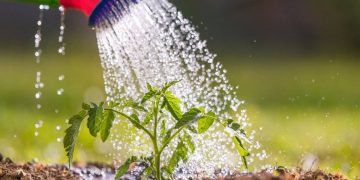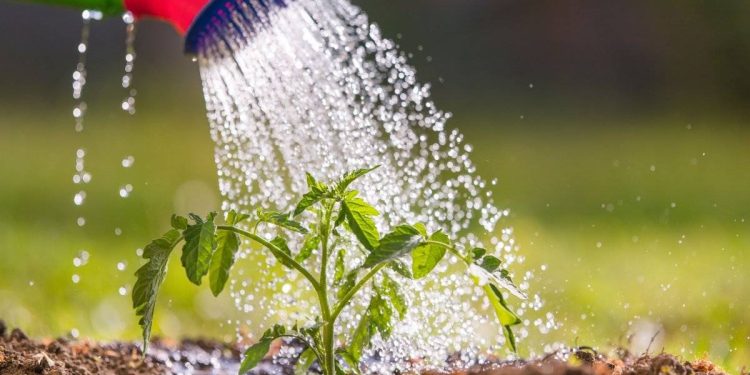#WaterConservation #AgriculturalSustainability #IrrigationEfficiency #DeficitIrrigation #SoilMonitoring #CropQuality
Water scarcity is a pressing concern in agriculture, prompting the need for innovative water conservation strategies. Vegetable growers around the world are seeking ways to maximize water usage efficiency while maintaining crop yields. In this pursuit, Sustainable Agriculture and Education (SARE)’s “Building Soils and Better Crops” manual, authored by Fred Magdoff and Harold van Es, offers valuable insights for vegetable growers to conserve water through irrigation.
- Monitoring Soil and Plants
Effective soil and plant monitoring is the cornerstone of water-efficient irrigation. Soil sensors such as tensiometers, moisture blocks, TDR (time-domain reflectometry), and capacitance probes provide real-time evaluation of soil moisture conditions. These technologies enable growers to assess moisture levels accurately and make informed irrigation decisions. By avoiding excessive irrigation, water wasteage is minimized, and crops receive the precise amount of water they require.
Scouting for water stress symptoms also plays a vital role in optimizing irrigation. Water stress often leads to elevated leaf temperatures, which can be detected through thermal or near-infrared imaging. This early detection system allows growers to identify irrigation needs promptly, preventing crop water stress and enhancing overall water use efficiency.
- Work with the Weather
Collaborating with weather data is another powerful approach to water conservation. Government weather services and on-farm weather stations provide essential information about natural rainfall and evapotranspiration rates. With the integration of electronic equipment, computer technology, and site-specific water and fertilizer application tools, growers can fine-tune irrigation practices to match localized weather conditions. This precision irrigation minimizes water wasteage and optimizes crop growth by ensuring that water is supplied when needed the most.
- Water Only When Needed
Deficit irrigation, a well-researched technique, involves applying water levels below 100% of evapotranspiration. Studies indicate that this approach can maintain crop yields while reducing water consumption. Moreover, deficit irrigation encourages plants to rely on stored soil moisture, promoting efficient water utilization. Interestingly, grape growers intentionally employ deficit irrigation to induce mild water stress, enhancing the quality of grapes through the production of anthocyanins.
Consequences of Development:
The implementation of these water conservation strategies has significant positive implications for both agricultural productivity and environmental sustainability. By adopting soil and plant monitoring techniques, growers can optimize irrigation schedules, reducing water waste and energy consumption associated with unnecessary irrigation. Integrating weather data and advanced technology enhances irrigation precision, contributing to healthier crops and reduced water use.
Deficit irrigation not only ensures responsible water management but also fosters better crop quality and resource allocation. By relying on stored soil moisture, plants become more resilient to water scarcity, leading to improved agricultural resilience in the face of changing climate patterns.
In a world where water resources are under increasing strain, adopting water-efficient practices in agriculture is crucial. Vegetable growers can play a pivotal role in water conservation by embracing soil and plant monitoring, collaborating with weather data, and implementing deficit irrigation. These steps not only enhance crop yields but also contribute to sustainable agricultural practices that prioritize responsible resource management.































